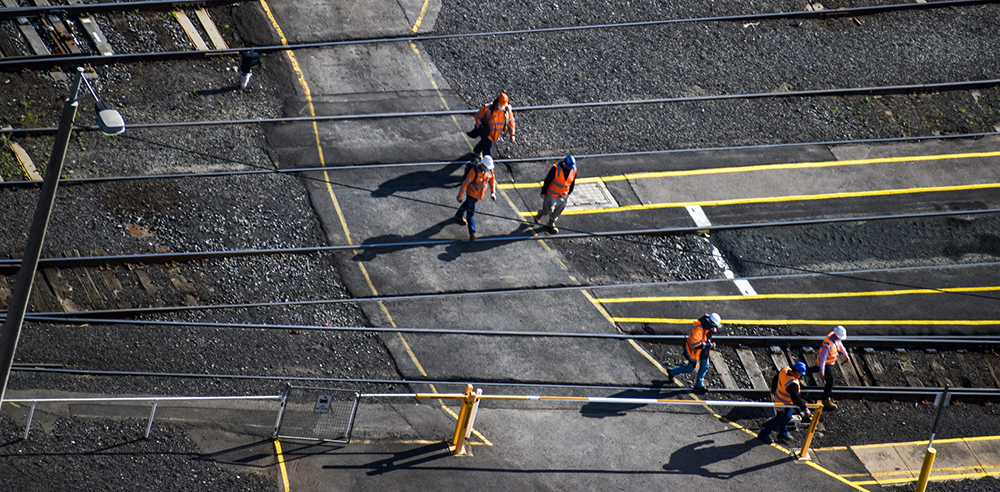Are We Ready? Understanding Operational Readiness in the Railways

Good practice dictates that rail projects should be built from a solid business case, robust requirements and lastly a level of operational acceptance, managed through to deliver on those needs and requirements that initiated the business case. However, so many railway projects fail to deliver on this last item, with ineffective Operational Readiness usually being the factoring reason.
But what is Operational Readiness and when should it begin? This question has been debated from project to project, with many differing opinions.
A common mistake is to believe that Operational Readiness activities should take place on the first day of a project, but for those that follow this convention, the likelihood of their project succeeding is much lower than the project that takes an approach that it’s never too early to start operational readiness.
As an integral piece that makes up Operational Integration, Operational Readiness programmes should have clear goals – “What does the railway operator require to run an affective and successful railway once the project is complete?” By answering this question and turning it into a set of robust operational requirements, the railway operator can actively test, monitor, and report on them throughout the course of the project, with the outcome being able to show success prior to any ribbon cutting event.
Early Operational Readiness activities also give the operator a head start on stakeholder engagement, and importantly, end user acceptance. Many projects have been delayed due to last minute consultation with end users that result in stakeholders finding project deliverables inoperable and potentially unsafe. Projects that include Operational Readiness activities early in their programme, such as end user engagement & communications plans, resource management strategies, trial operations plans, and acceptance & migration strategies will typically find risks earlier. Finding and mitigating risks as early as possible in the project reduces potential costs that would otherwise be spent to resolve the issue.
A key point in Operational Readiness that is sometimes missed is the age-old notion ‘Plan, Do, Check, Act’. Every aspect of Operational Readiness should be tested, challenged and revisited through a project’s lifecycle. No project can claim to get it right the first time, and things can certainly slip through the cracks. However, a project that has a clear strategy that is constantly being reviewed and amended in alignment with the rail operator is set up for success.
Network Rail Consulting has a deep understanding of what it takes for operational readiness to succeed in major projects, and a team built of experts that have extensive knowledge and experience in Operational Readiness, who are able to answer the question; "Are we ready?"
James Campbell
Associate Director Rail Operations, Australia
Network Rail Consulting

